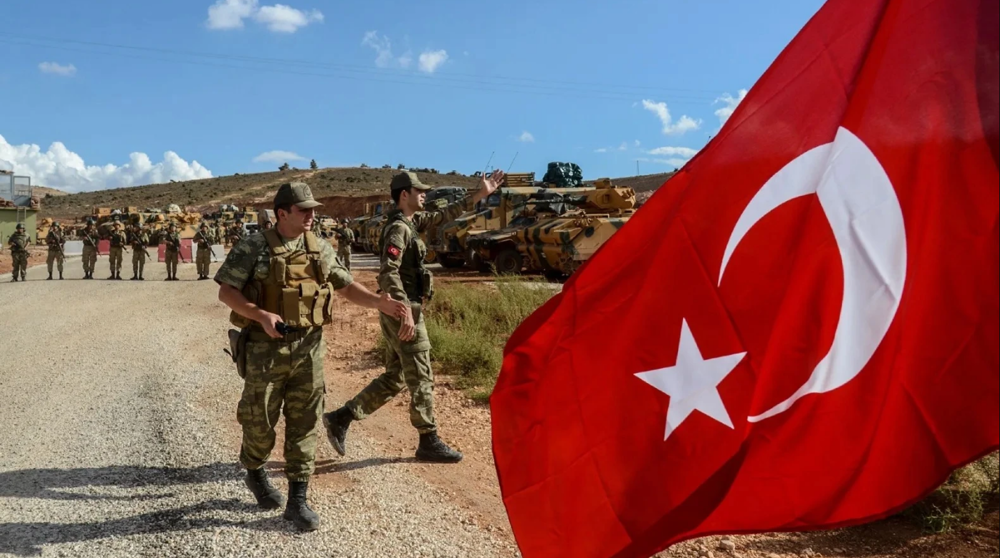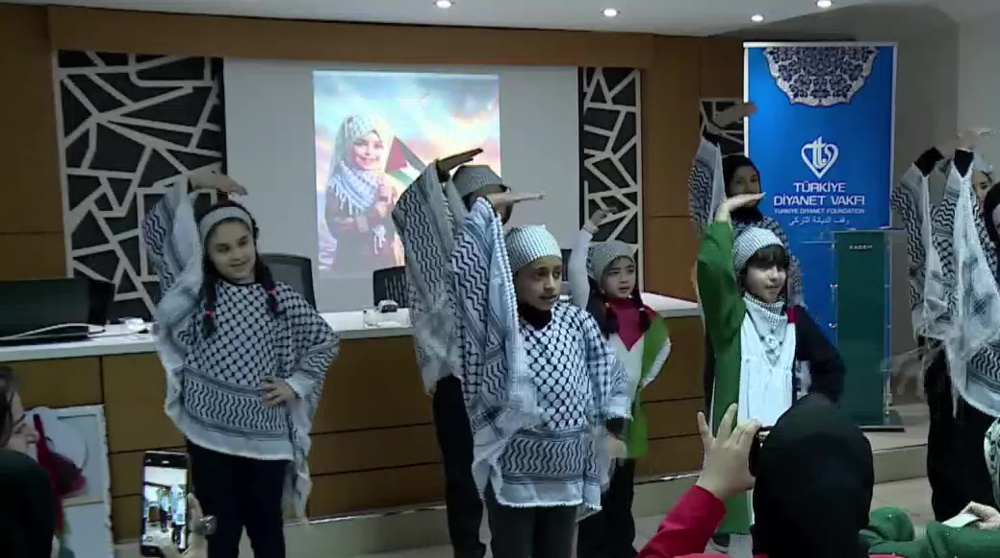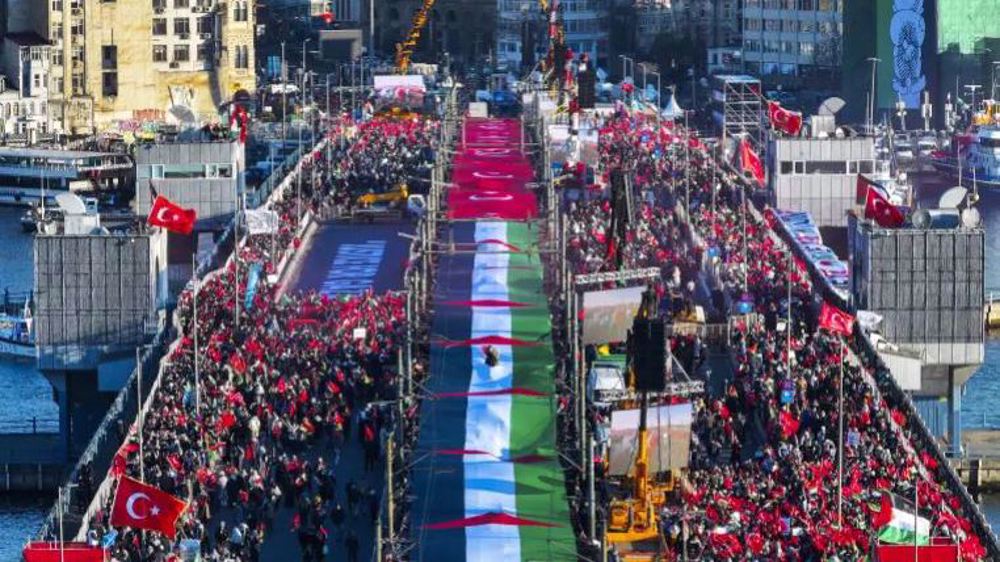Turkish deputy PM says Ankara is to overhaul intelligence services
Turkish Deputy Prime Minister Numan Kurtulmus says his government is to overhaul the structure of its intelligence services in a move aimed at preventing future coup attempts.
“The restructuring of intelligence units is on the agenda, just like it was for the armed forces," said Kurtulmus after a cabinet meeting on Monday.

On Sunday, Turkey fired around 1,400 military personnel suspected of having links with US-based opposition cleric Fethullah Gulen, whom Ankara blames for the recent failed coup in the country.
Turkish President Recep Tayyip Erdogan on Saturday announced that from now on all military commanders will report directly to the country’s defense minister and that all military academies will be closed.
“We are going to introduce a small constitutional package which, if approved, will bring the National Intelligence Organization (MIT) and chief of staff under the control of the presidency,” Erdogan added.

Kurtulmus noted that the recent changes implemented in the Turkish Armed Forces (TSK) were not arbitrarily made and incorporate specific objectives.
“The first perspective of the changes is to make civil authority more powerful and to direct the civil-military relationship. That’s why we have increased the number of civilians on the Supreme Military Council,” he said.
He added that the second objective was aimed at stopping the Armed Forces from being controlled by a single person, and that the third objective was the diversification the Turkish army’s human resource pool, which would make way for a more professional army.
“We realize that there is still a system that creates the basis for coups. Our objective is to bring about such a transparent system that nobody within the TSK or anybody planning to use some elements within the army would even think of staging a coup,” he said.

So far, over 60,000 people in the Turkish military, judiciary, civil services and schools have been detained, dismissed or suspended over suspected Gulen links.
At least 246 people were killed and more than 2,100 others sustained injuries when an army faction, using hijacked helicopters and tanks, clashed with government troops and people on the streets of the capital, Ankara, and the city of Istanbul during the July 15 coup.
Turkey distancing itself from EU
German Vice Chancellor Sigmar Gabriel (seen below) on Monday said that his country and the European Union “should under no circumstances be blackmailed” by Ankara over visa liberalization for Turkish nationals.

“It is up to Turkey if there is or there isn’t visa liberalization,” he added, in relations to remarks made by Turkish Foreign Minister Mevlut Cavusoglu.
On Monday, Cavusoglu told the German newspaper Frankfurter Allgemeine Zeitung , that Turkey will “back away” from a refugee deal it has struck with the European Union (EU) if the bloc does not grant Turkish nationals visa-free travel to Europe.
“All that is dependent on the cancellation of the visa requirement for our citizens, which is also an item in the agreement of March 18,” Cavusoglu said.
The agreement, which the two sides signed in March, has been meant to stem the flow of irregular refugees into Europe. Under the deal, Turkey has committed to taking back all the asylum seekers and refugees who have used the Aegean Sea to illegally reach Greece. In return, Ankara has been promised financial aid, the acceleration of visa liberalization talks and progress in its EU membership negotiations.

Efforts to reach that deal, however, have been hampered by Turkey’s refusal to revise its anti-terrorism laws, which the EU says are too broad, as well as a Turkish government crackdown following a failed coup.
“If visa liberalization does not follow, we will be forced to back away from the deal on taking back (refugees) and the agreement of March 18,” Cavusoglu added.
Israeli military chief warns Netanyahu, Katz of manpower crisis undermining military readiness
Iran Judiciary chief: Enemy turned to rumors after defeat in riots
Iran dismantles terrorist cell: Ringleader killed, 11 members arrested
Netanyahu joins familiar circle of war at heart of Trump’s Gaza plan
‘Eulogy for globalist hypocrisy’: Netizens react to Canada PM’s speech on end of ‘rules-based order’
US Treasury Secretary boasts about harming Iran economy, fueling unrest
Thousands protest Trump’s immigration policies on second term anniversary
Ex-NATO chief slams Trump’s Greenland threats, calls on EU to hit back













 This makes it easy to access the Press TV website
This makes it easy to access the Press TV website